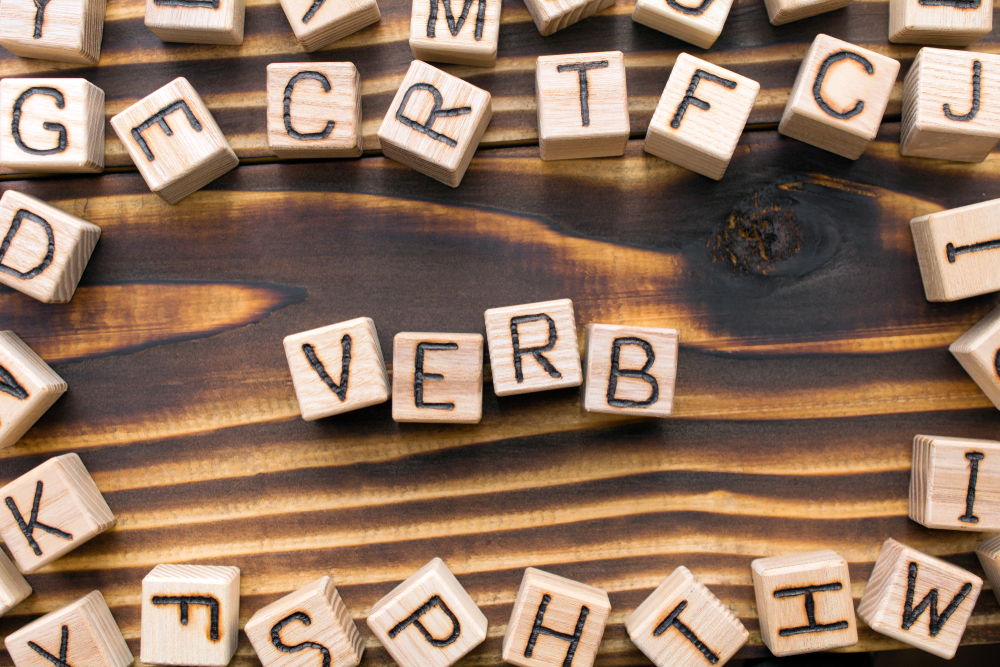Logical thinking development Extra Challenge Worksheets for Ages 4-7
5 filtered results
-
From - To
Unlock your child’s potential with our "Logical Thinking Development Extra Challenge Worksheets" designed exclusively for ages 4-7! These engaging worksheets offer a fun and innovative approach to enhance critical thinking and problem-solving skills. Perfect for young learners, our activities encourage creativity, reasoning, and independent thought while addressing logical sequencing, patterns, and categorization tasks. Each worksheet is age-appropriate, carefully crafted to challenge and stimulate your child’s mind while making learning enjoyable. Support your child's educational journey at home or in the classroom—boost their cognitive development through playful and interactive challenges. Explore our collection today, and watch your child thrive!
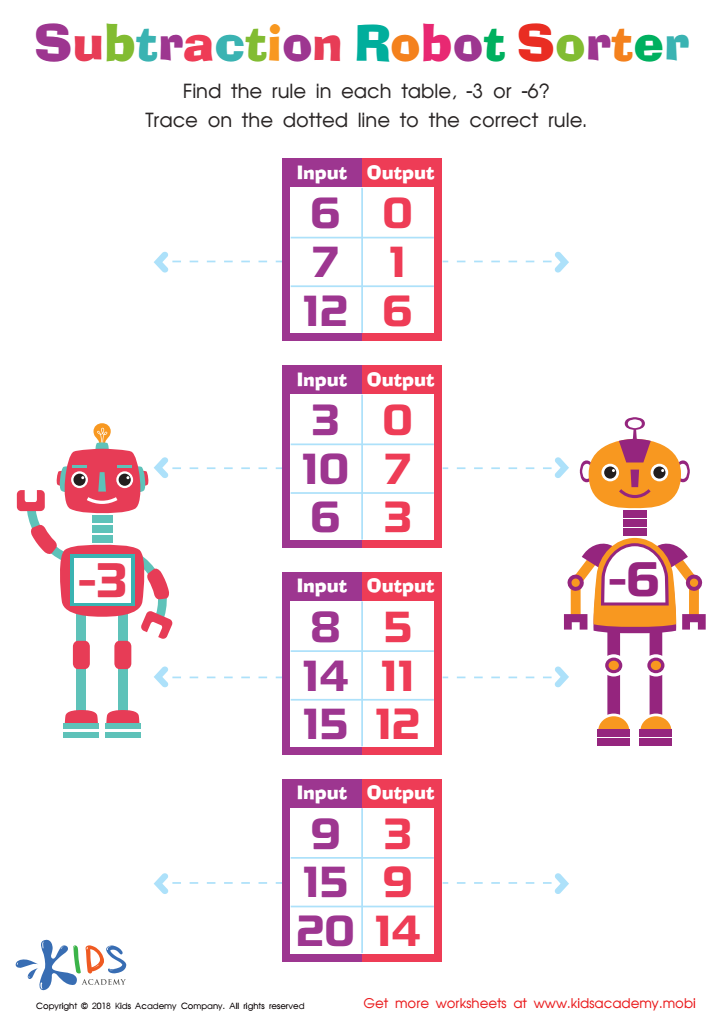

Subtraction Robot Sorter Worksheet
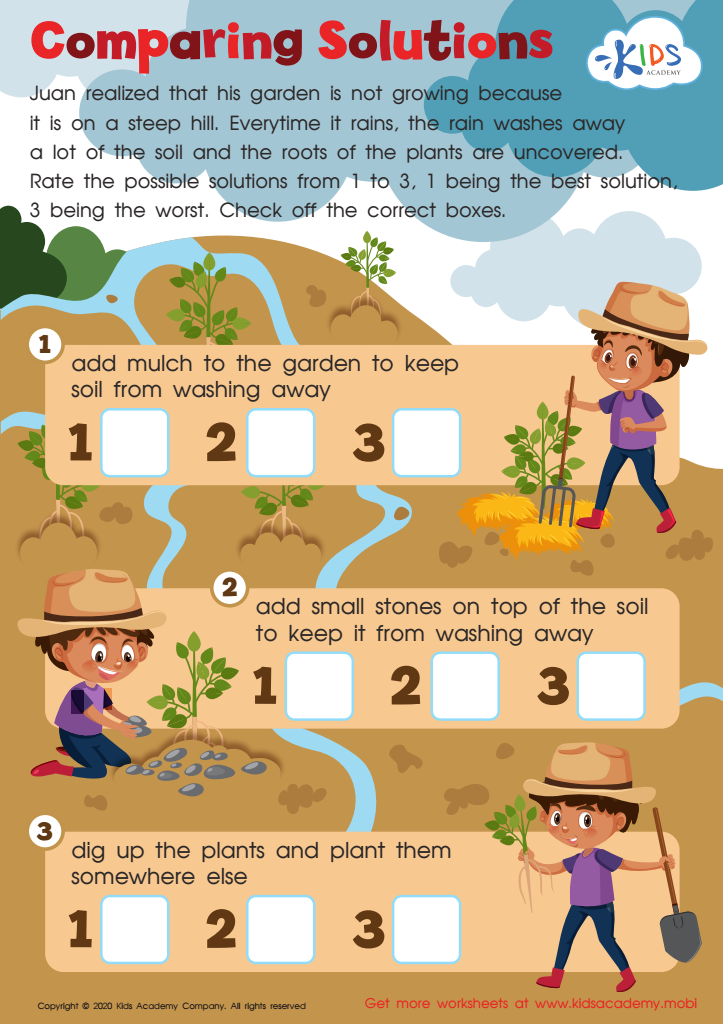

Comparing Solutions Worksheet
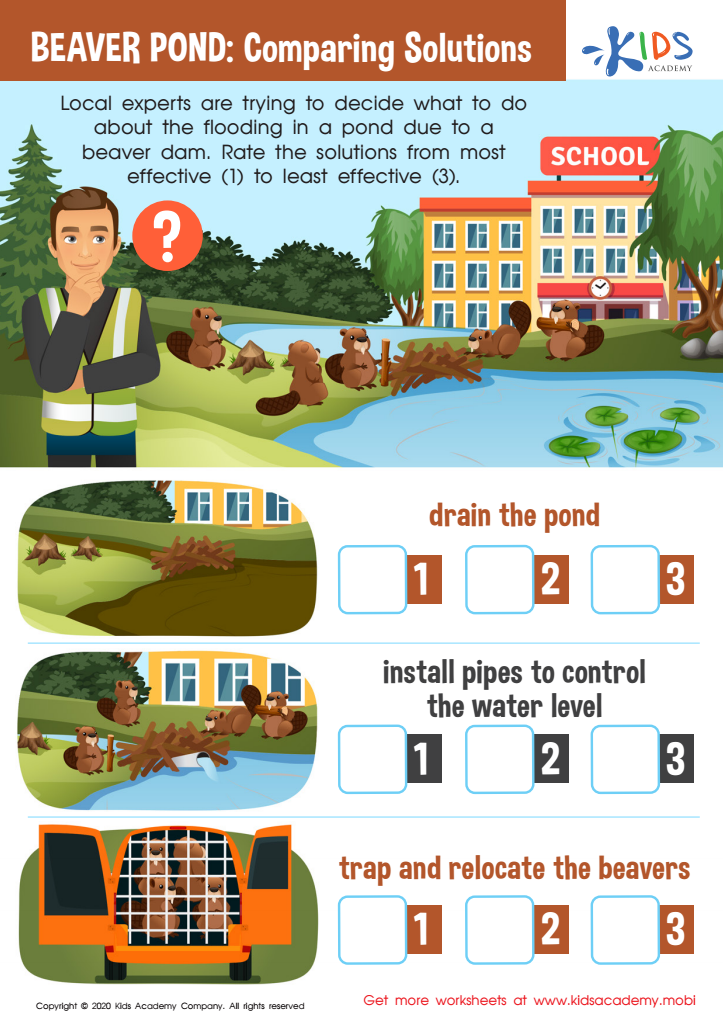

Beaver Pond: Comparing Solutions Worksheet
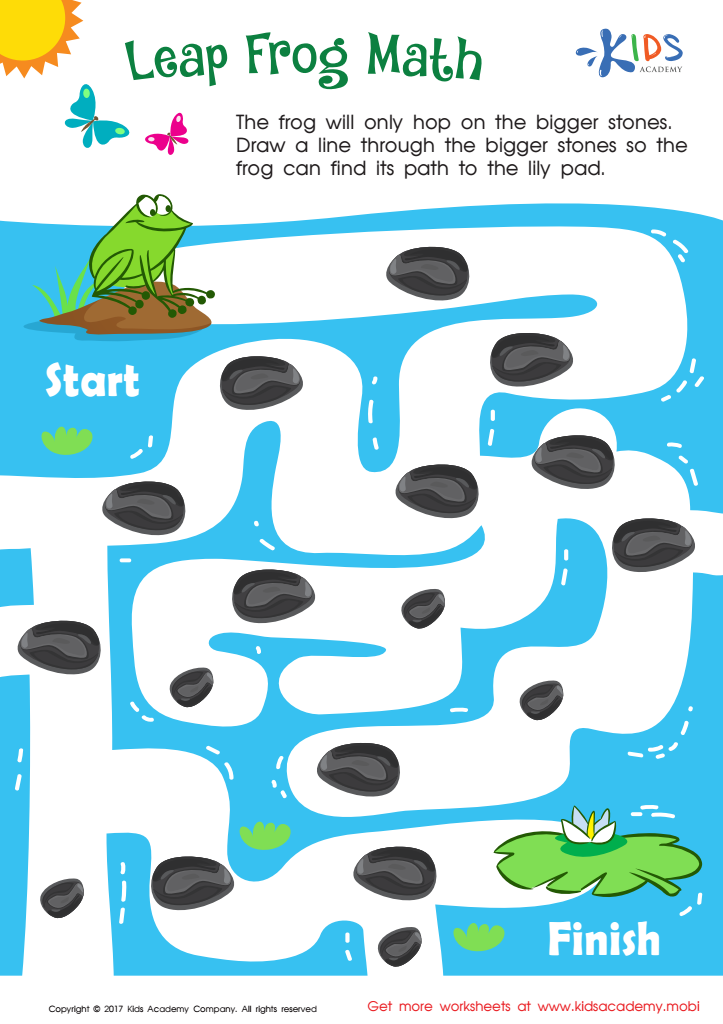

Math Puzzle Worksheet
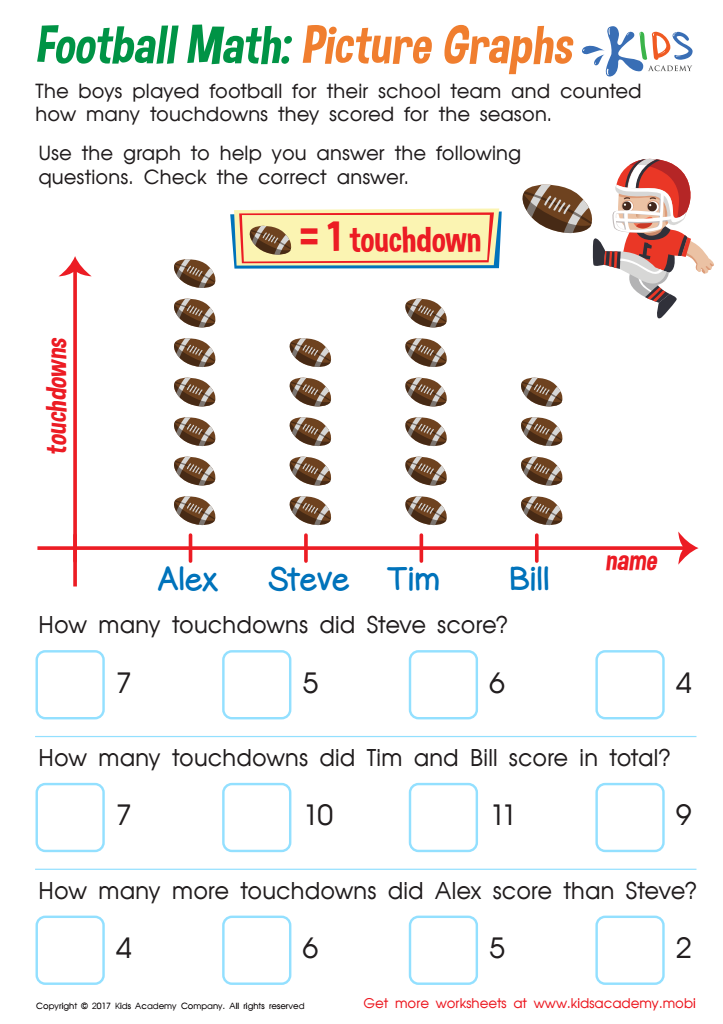

Football Math Worksheet
Logical thinking is an essential skill for children aged 4-7, as it lays the foundation for problem-solving and critical thinking in later years. Parents and teachers should prioritize the development of this skill because it helps children connect dots and understand cause-and-effect relationships.
Engaging in logical thinking activities encourages children to analyze situations, draw conclusions, and make decisions based on reasoning rather than impulse. This cognitive development is crucial for academic success, influencing subjects such as math and science, which require the ability to think systematically and solve complex problems.
Moreover, fostering logical thinking also boosts a child’s confidence. When children can navigate challenges independently, they feel empowered to tackle new tasks and face obstacles head-on, establishing a resilient mindset.
Activities that promote logical thinking, such as puzzles, games, and structured play, can be integrated seamlessly into home and school environments. By actively participating in these exercises, parents and teachers provide children with valuable skills that are transferable to real-life situations. Ultimately, prioritizing logical thinking development in early childhood sets the stage for lifelong learners who can adapt and thrive in an increasingly complex world.
 Assign to My Students
Assign to My Students




